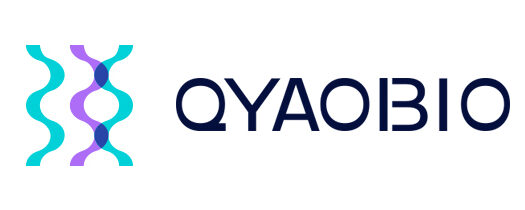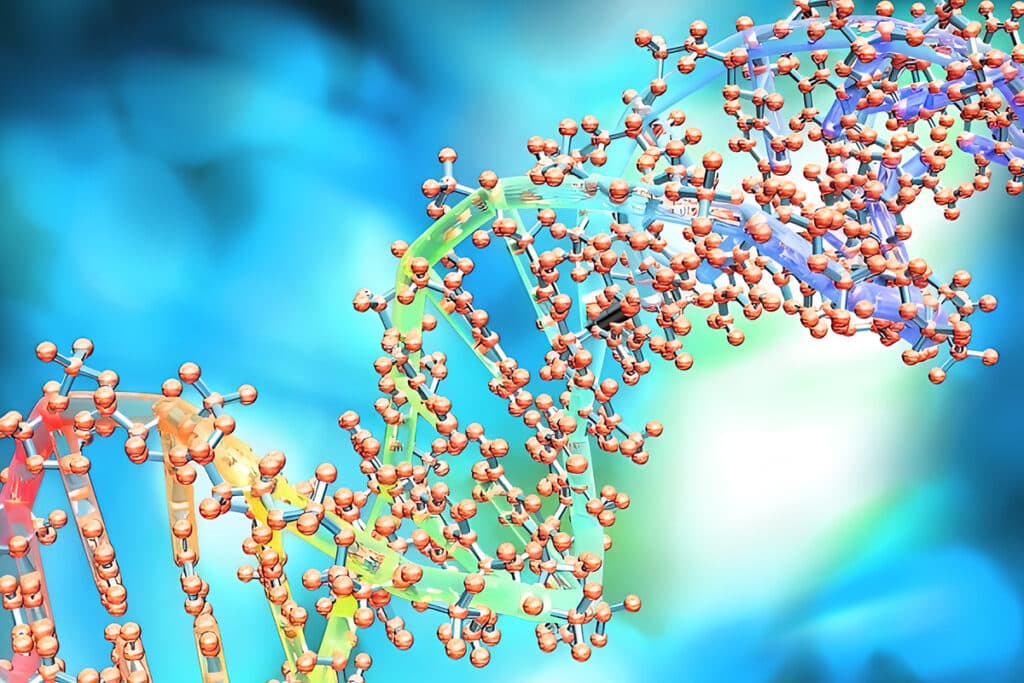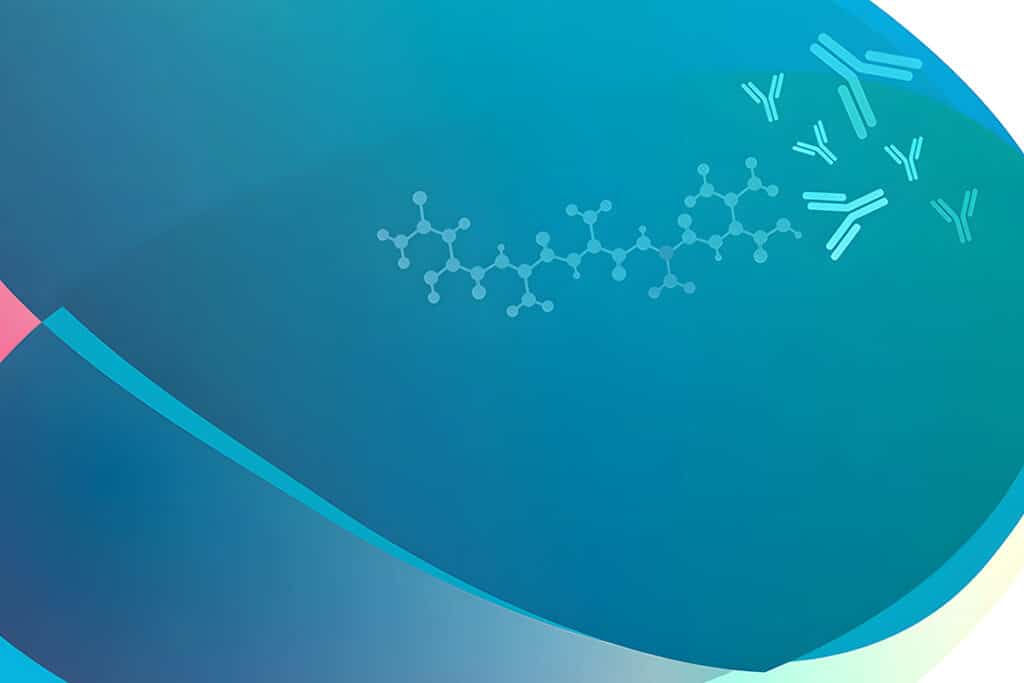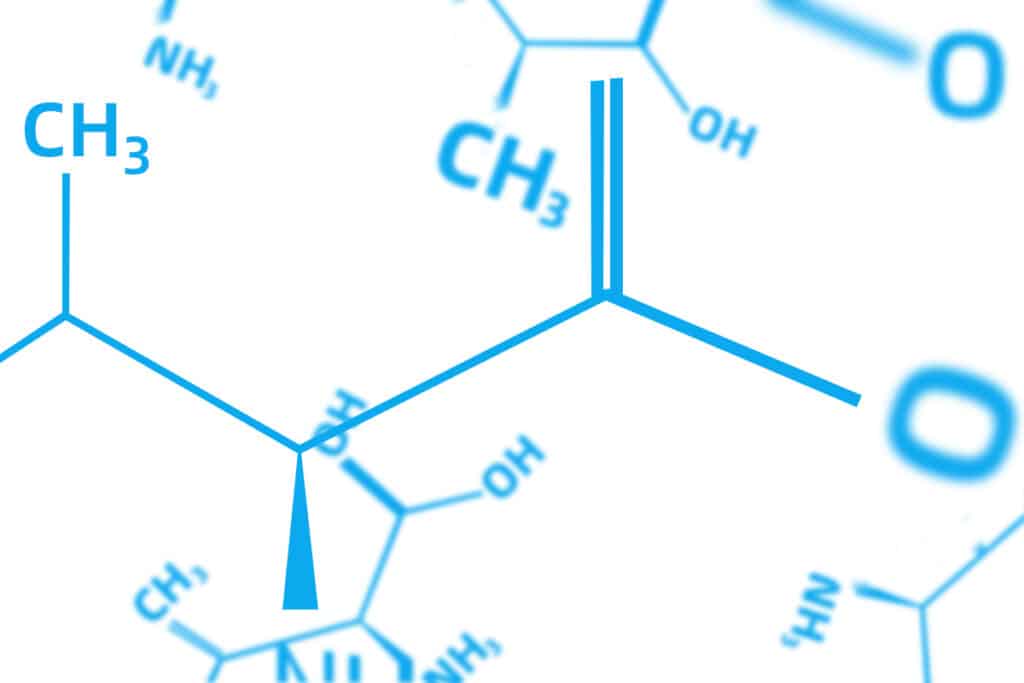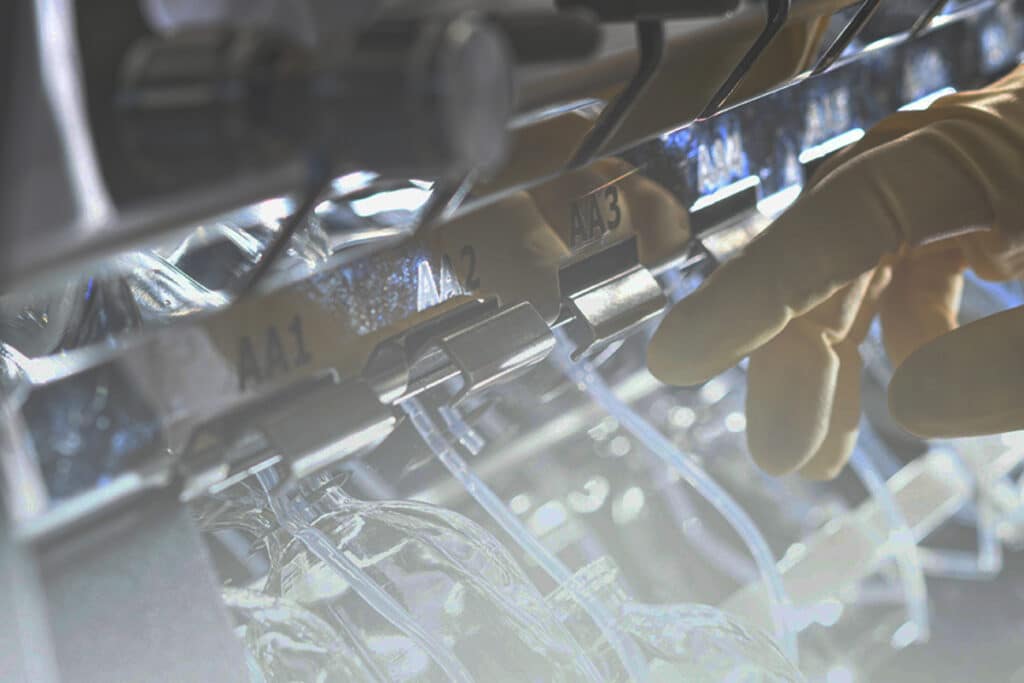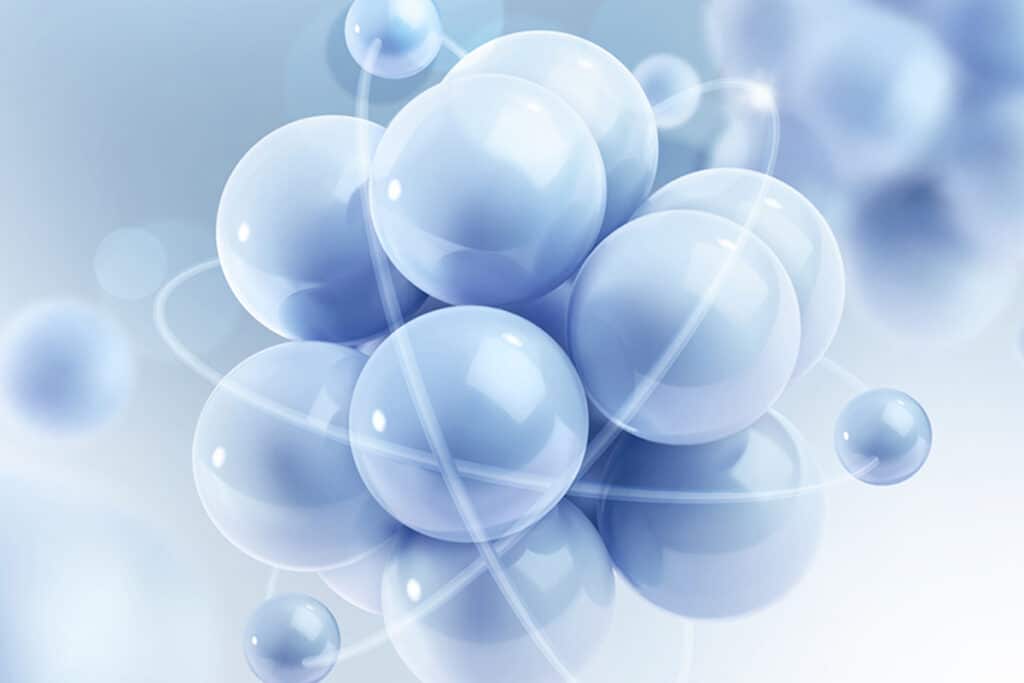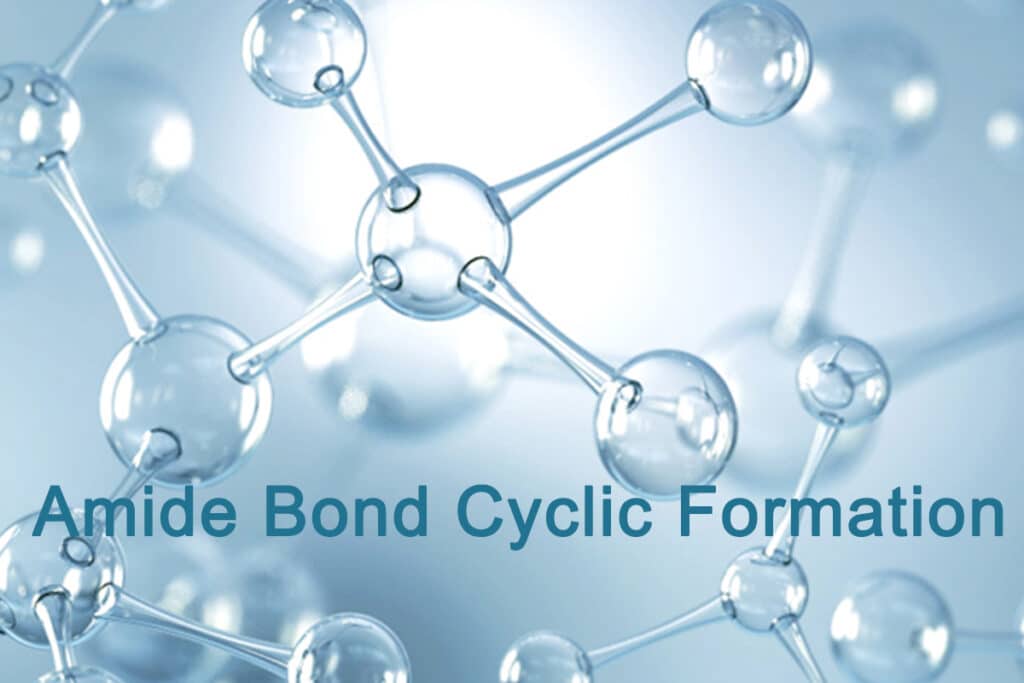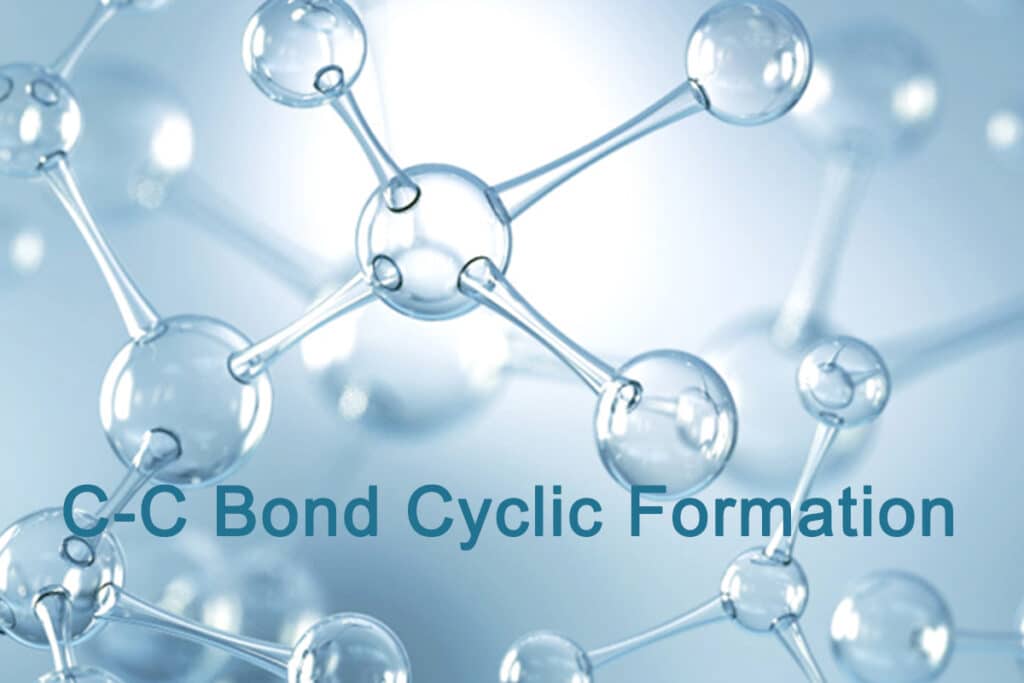QYAOBIO COMPANY
ChinaPeptides CO., Ltd.
ChinaPeptides CO., Ltd. (QYAOBIO) is established by Mr Wang Xipin in 2008, Shangha, China. We are a professional biotechnology company in synthetic peptide, antibody, protein production. In the last 15 years, QYAOBIO accumulates unique core technology and scientific research talents, we have the core technology of 400+ peptide synthesis and modification. Now, QYAOBIO is a globally recognized peptide company in peptide synthesis. We cooperate directly with scientists in the biotechnology and pharmaceutical industries to bring custom synthetic peptides for research and study applications.
As the leading pioneer of peptide synthesis in China, we are able to provide milligram to multi-kilogram quantities of research-grade peptides with purity up to 98%. Our mission is providing innovative products in support of the scientific community. We specialize in the manufacturing of custom and catalog peptides in multiple research area. According to customers’ specifications, we can integrate specific peptide elements expertly and routinely.
- >95% success rate
- 15 years peptide synthesis experience
- Flexible quantity from mg to kg
- Different purity from crude to 98%
- Longest sequence up to 150 AA
- 400+ modification methods
Quality Guarantee
All our peptides are manufactured by skill staffs with regular operational training.
QM System
Quality management system complies with high standards
Frequent Audits
Frequently external audits from customers and authorities
On-site Maintance
On-site QA and QC to maintain high level of quality
With our emphasis on technology, innovation, and quality, QYAOBIO has more than 20 patents in China. We are proud to have ISO 9001 certification. After years of development, QYAOBIO won the recognition of thousands of customers. Our customers include biomedical research institutions in university, hospital, and various research institution, as well as and biological companies around the world.
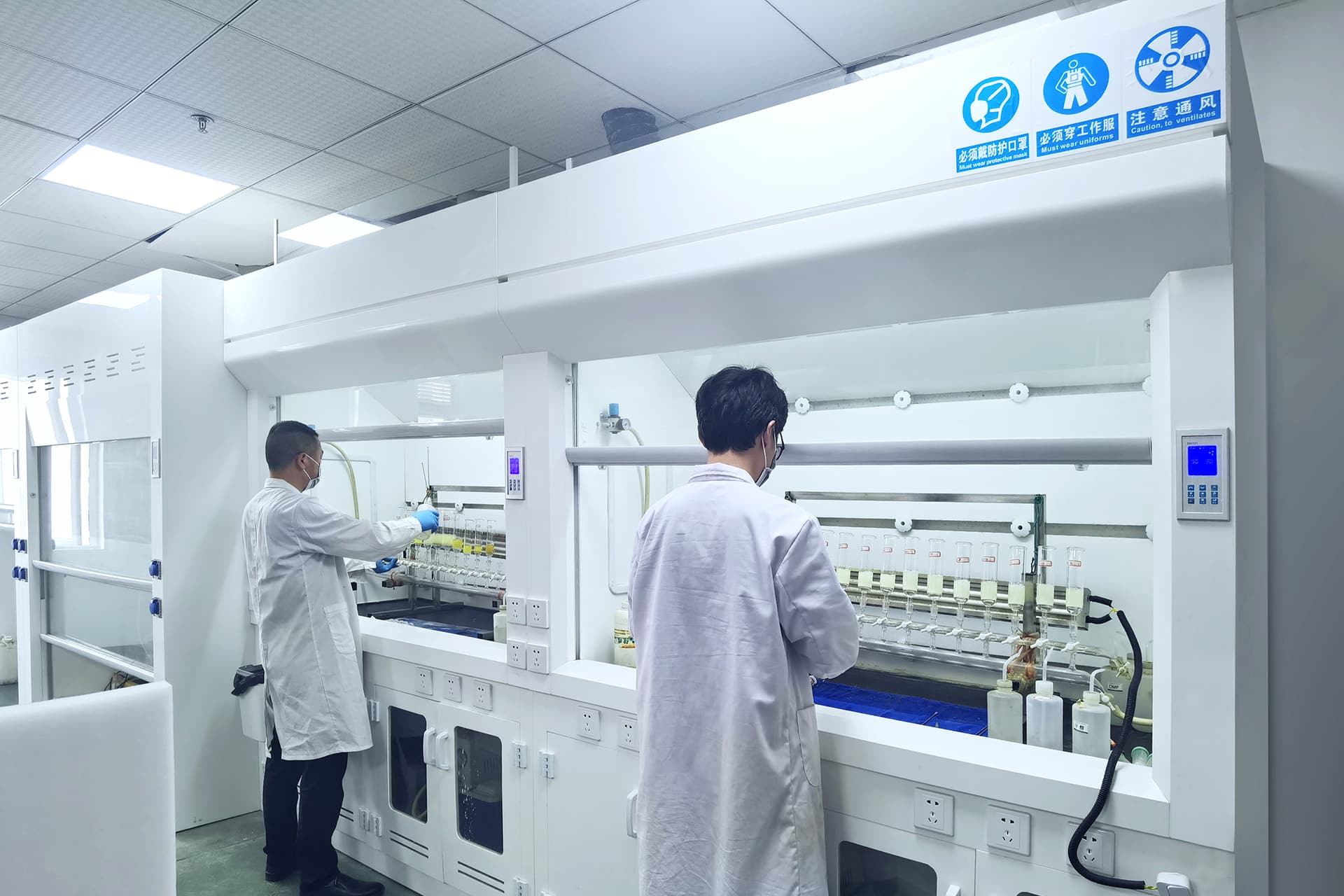
Long-term Cooperation
Our Cooperators
QYAOBIO creates long-term cooperation with different institutions and universities. The following picture display our main cooperators.




































Advanced Technology
Professional Research blog
In QYAOBIO, we provide high quality peptides, antibodies, proteins to enable Bioscience and Pharma research industries to thrive. Our research division focuses on small-scale research peptides, selling small quantities in large numbers to research customer in the globe. There are more than 5,000 peptides, 20,000 antibodies, 10,000 proteins in catalog.
Our expert teams are still optimizing our technical methods in synthesis, modification and purification. We are trying our best to achieve the highest reputation of peptide, antibody, protein synthesis in worldwide.
Call Us
+86(021)-50795728
+86(027)-60707970
